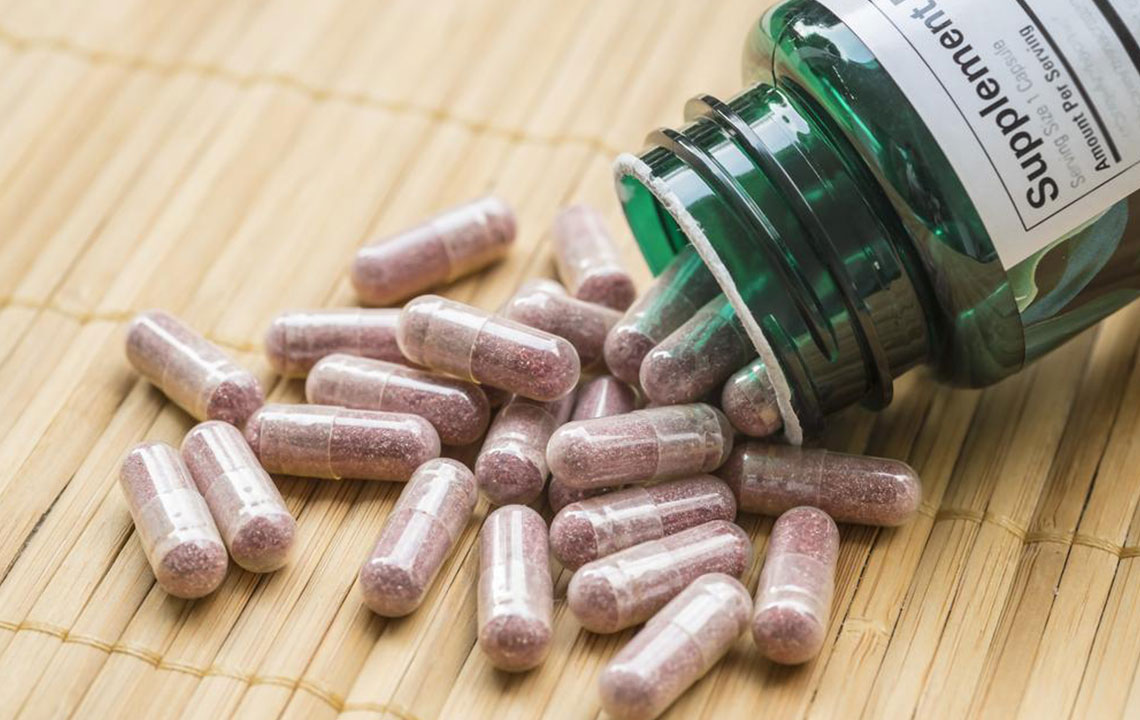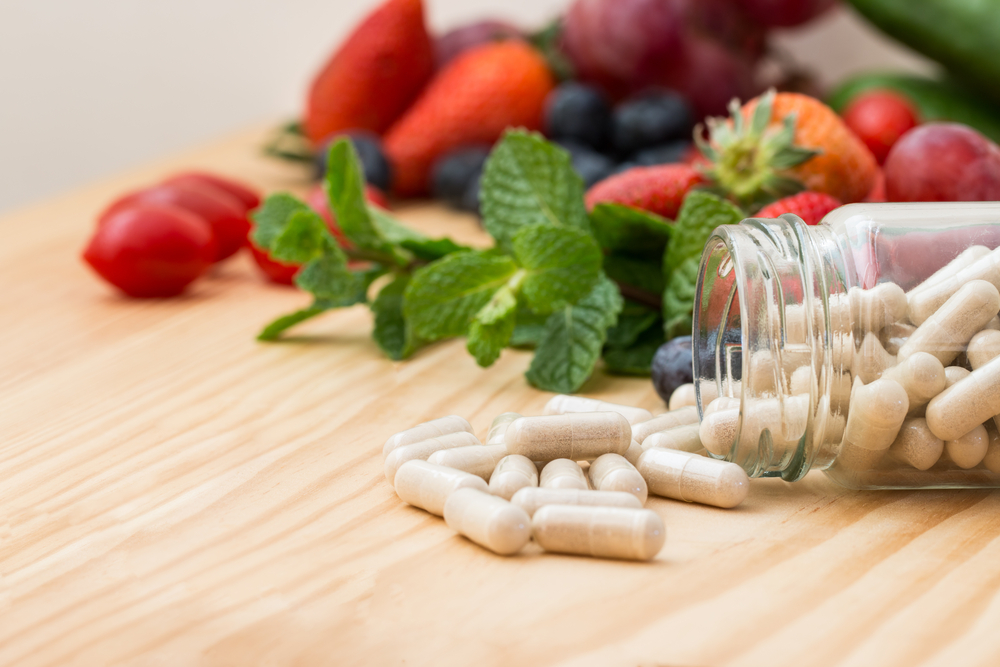Essential Benefits and Insights into Vitamin B12 Supplementation
This article highlights the importance of vitamin B12 for overall health, discusses deficiency causes, symptoms, and recommended dosages. It explores natural food sources, the role of supplements, and reviews top B12 products in the U.S. This information helps individuals understand the significance of maintaining adequate vitamin B12 levels for mental and physical well-being, emphasizing the importance of professional guidance for supplementation.

Key Advantages of Taking Vitamin B12 Supplements
Vitamin B12 is a vital nutrient essential for maintaining overall health. Since our bodies cannot produce it naturally, it must be obtained from animal-derived foods. Regular consumption of vitamin B12-rich foods is important for optimal well-being. When dietary intake isn't enough, supplements serve as an effective alternative to prevent severe deficiency-related health issues.
Role and Importance of Vitamin B12
Water-soluble and crucial for brain health and nerve function, vitamin B12 helps produce myelin, the protective sheath around nerve fibers, facilitating rapid nerve signaling. It also aids in forming red blood cells, synthesizing DNA, and metabolizing fats and amino acids.
Though deficiency is relatively uncommon in the U.S., factors like aging, heavy alcohol consumption, certain surgeries, or long-term use of acid reducers can increase risk. Vegan diets may also lead to deficiency due to lack of animal-based sources. Underlying health conditions such as gastritis, pernicious anemia, or digestive disorders can impair absorption, causing deficiencies.
Consequences of Deficiency
Vitamin B12 deficiency can lead to anemia as a primary symptom. If untreated, it can cause symptoms like fatigue, muscle weakness, shortness of breath, neurological issues such as numbness or difficulty walking, vision problems, and mental health concerns including depression and memory loss. Malabsorption can exacerbate these effects.
Proper dosage depends on age and health status. For adults over 14, about 2.4 micrograms daily is recommended. Pregnant women require 2.6 micrograms, and breastfeeding mothers need around 2.8 micrograms. Older adults over 50 may need higher doses due to absorption issues, typically between 25-100 micrograms daily. Children and infants have specific dose requirements to support healthy growth.
Always consult a healthcare provider before starting supplements to determine the appropriate dose and prevent adverse effects.
Natural Sources of Vitamin B12
If not severely deficient, most people can meet their needs through diet — especially if they include animal products. Good sources include seafood (shellfish, fish, crab), meats (beef, pork, liver), dairy products (milk, cheese, yogurt), eggs, and fortified plant-based options like tofu and soy milk.
Leading Vitamin B12 Supplements in the U.S.
From top market brands analyzed by Labdoor based on purity and ingredient content, the top five include:
Vegan Safe B12
Nature Made B12 Timed Release
Twinlab B12 Dots
Live Wise Naturals B12
Nature Made B12
While deficiency isn't widespread, addressing symptoms promptly with the correct dosage of natural or supplemental B12 is essential for maintaining mental and physical health. Never overlook vitamin B12's importance for optimal functioning.
Note:
This blog provides educational information across various topics. While research and data aim to offer reliable insights, it shouldn't replace professional medical advice. Always check with healthcare providers for personalized recommendations. The site isn't responsible for disparities or inaccuracies outside this resource. Be aware of other options or schemes that might fit your needs better than those covered here.










